Photo of Maugham by Carl Van Vechten, 1934. Photo cropped. Library of Congress.
William Somerset Maugham, known as Somerset Maugham, was born on January 25, 1874, in Paris, France. He spent his first ten years in Paris before moving to England for his education. He was orphaned at the age of 10 and was brought up by an uncle. He attended The King’s School, Canterbury, and later Heidelberg University.
Maugham trained as a medical doctor at St. Thomas’s Hospital’s medical school in London, qualifying as a physician in 1897. However, he never practiced medicine, choosing instead to become a full-time writer.
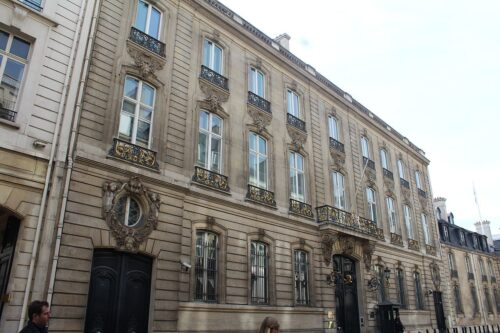
Literary Career
Maugham’s first novel, Liza of Lambeth (1897), was a study of life in the slums and attracted attention. However, it was as a playwright that he first achieved national celebrity. By 1908, he had four plays running at once in the West End of London.
Maugham’s novels after Liza of Lambeth include Of Human Bondage (1915), The Moon and Sixpence (1919), The Painted Veil (1925), Cakes and Ale (1930), and The Razor’s Edge (1944). His short stories were published in collections such as The Casuarina Tree (1926) and The Mixture as Before (1940); many of them have been adapted for radio, cinema, and television.
Maugham’s plain prose style became known for its lucidity, but his reliance on clichés attracted adverse critical comment. More recent assessments generally rank Of Human Bondage — a book with a large autobiographical element — as a masterpiece, and his short stories are widely held in high critical regard.
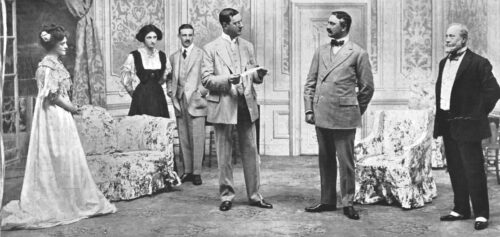
Espionage Career
During World War I, Maugham worked for the British Secret Service. In September 1915, he was recruited to work for Britain’s Secret Intelligence Service (SIS), also known as MI6. The SIS was formed on July 4, 1909. It was established as the foreign section of the Secret Service Bureau. The Bureau was a joint initiative of the Admiralty and the War Office to control secret intelligence operations in the UK and overseas, particularly concentrating on the activities of the Imperial German government. The service grew greatly during the First World War and officially adopted its current name around 1920. The existence of SIS was not officially acknowledged until 1994.
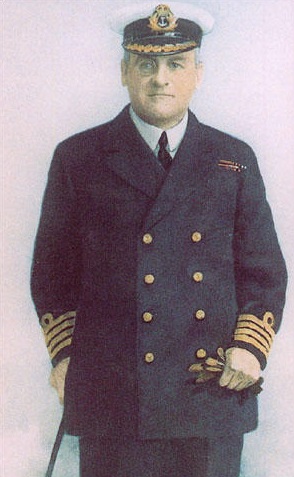
Maugham was given a daunting task by the SIS. His mission was to devise a scheme that would keep Russia in the war and prevent the Bolsheviks, supported by the Central Powers, from seizing power. He was given financial resources to fulfill the mission, around 21,000 pounds sterling, which today equals about $300,000. He was reportedly a chief agent in Russia for the British and American secret services during the first few weeks that preceded the Bolshevik coup of 1917.
Maugham managed to establish contacts with Alexander Kerensky, the Prime Minister of the Russian Provisional Government. Every week, Maugham entertained him and his cabinet ministers in one of the finest restaurants in Petrograd (Saint Petersburg), Medved (The Bear), plying them with much vodka and caviar.
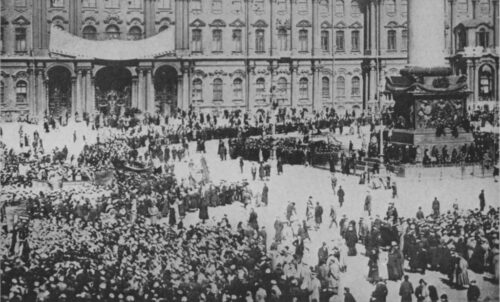
After his mission in Russia, Maugham was sent to the South Seas. While Maugham’s assignment to the South Seas is well-documented, the specific reasons for his assignment SIS are not explicitly stated in the sources. One source suggests that Maugham went to the South Seas for his health, as his always weak lungs had given way to bronchitis during the rugged Swiss winter. It is an open question whether he was also traveling on an intelligence assignment.
He and his secretary-companion Gerald Haxton traveled extensively in the Pacific. His experiences during this trip significantly influenced his later works. For instance, his collection of short stories, The Trembling of a Leaf: Little Stories of the South Sea Islands, was a result of his travels in the Pacific. His stay in Pago Pago, the capital of American Samoa, inspired his famous short story Rain.

After his work in Russia, Maugham was dispatched by SIS to Lucerne, Switzerland, under the guise of completing a play. Maugham had already established himself as a successful writer. This provided him with the perfect cover for living in Switzerland and carrying out espionage activities.
This assignment’s danger and drama appealed both to his sense of romance and of the ridiculous. His work involved secret interviews with agents in unlikely places, conveying messages in a mysterious fashion, and smuggling reports over a frontier.
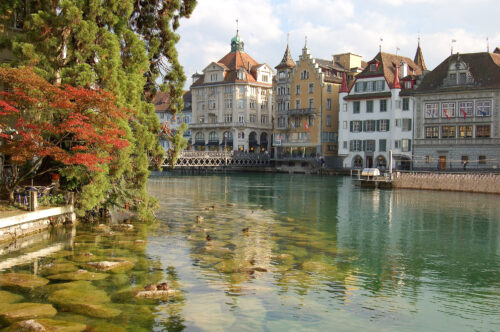
Reflection in His Stories
Maugham’s experiences as a spy during the war were later reflected in his collection of stories, Ashenden: The British Agent (1928). These stories are rooted in Maugham’s own experiences as an agent, reflecting the ruthlessness and brutality of espionage, its intrigue and treachery, as well as its absurdity. He is widely regarded as one of the first authors to present espionage activities in a realistic and even dull light.
Maugham described the Ashenden stories as “on the whole a truthful account of my experiences during the war when I was in the Secret Service”. He intended to emphasize the distinction between his view that much of an agent’s work was “extremely monotonous” and “uncommonly useless” and the highly romanticized, implausibly heroic, or often, just implausible, accounts of espionage in the gentleman-amateur tradition established by William Le Queux and J. Phillips Oppenheim.
Ian Fleming
Ian Fleming, the author of the iconic James Bond series, held Maugham in high regard. Fleming was known to have visited Maugham at his Villa Mauresque in the south of France. Some speculate that Fleming used Maugham’s Ashenden as a basis for Bond. It has been noted for its parallels to Fleming’s later works.
Fleming gave James Bond the undercover name of “Mr. Somerset” in From Russia With Love. This alias was used when Bond and Soviet corporal Tatiana Romanova hopped onboard the Orient Express under the guise of a married couple. The use of “Mr. Somerset” as an alias could be seen as a nod to Maugham.
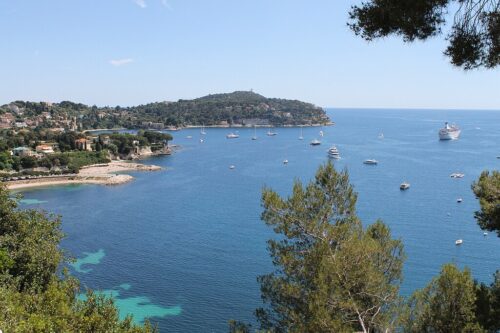
Personal Life
Maugham led a troubled personal life. Although primarily homosexual, Maugham attempted to conform to some extent with the norms of his day. After a three-year affair with Syrie Wellcome which produced their daughter, Liza, they married in 1917. The marriage lasted for twelve years, but before, during, and after it, Maugham’s principal partner was Gerald Haxton.
Legacy
Somerset Maugham was not just a celebrated author but also a significant figure in the world of espionage. His life and works continue to fascinate readers and scholars alike, offering a unique blend of literary brilliance and intriguing secret service exploits. Maugham passed away on December 16, 1965, in Nice, France.
